Maria Terrone is the author of three previous collections, The Bodies We Were Loaned, A Secret Room in Fall (winner of the McGovern Prize), Eye to Eye, and the chapbooks American Gothic, Take 2 and Life, Death & Cash. Her poetry has been published in French and Farsi and appears in Poetry, Ploughshares, The Hudson Review, and many others. She’s the winner of the Elinor Benedict Prize in Poetry, the Allen Tate Memorial Award, and the Mathiasen Award. She is also author of At Home in the New World, creative nonfiction essays.
Praise for No Known Coordinates
Maria Terrone’s new book No Known Coordinates opens with “Under the El,” a poem that introduces the setting and theme for much of what follows. The poet evokes what she saw as a baby in a carriage pushed by her mother through the streets of New York, “saw” in the sense of what she noticed “everywhere my gaze fell” and what she intuitively understood: “the flux / we’re born to.” Through observation and memory, Terrone brings all her experiences to life with a “hyper-vigilant look.” That pinpoint vision and the meticulous articulation of her lines beautifully render everything from “What We Wear in the Subway” to the birds and trees of the urban environment, pigeons and hawks and a dogwood whose blossoms are “still a painter’s brushwork of becoming.” And throughout the book, we encounter a rich variety of other subjects like an imagined dinner of Poe with Thomas Jefferson and tender evocations of the poet’s aging mother. No Known Coordinates is a feast for readers who crave the sensual insights that only poetry can offer. —Elton Glaser, author of Translations from the Flesh and Ghost Variations
“When I dive into reflections, I feel most alive,” Maria Terrone confesses in No Known Coordinates, a collection of poems in which dreams, memories, and visions take on a ghostly power. Drawn to the past, Terrone misses nothing in the present – not “squirrel click and sparrow peep,” not a toy gun left in a garden, not a fellow subway rider’s shoes. With poise and candor, her poems also acknowledge an uncertain future: “I saw how light & dark/could shift into a new pattern and then/how that pattern could lift away.” In language of crystalline clarity, Terrone’s lights and darks encompass fragility and toughness, trauma and wonder.—Rachel Hadas, author of Ghost Guest and Pandemic Almanac



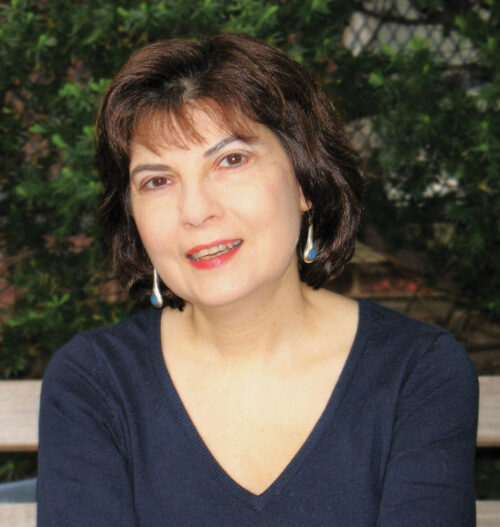
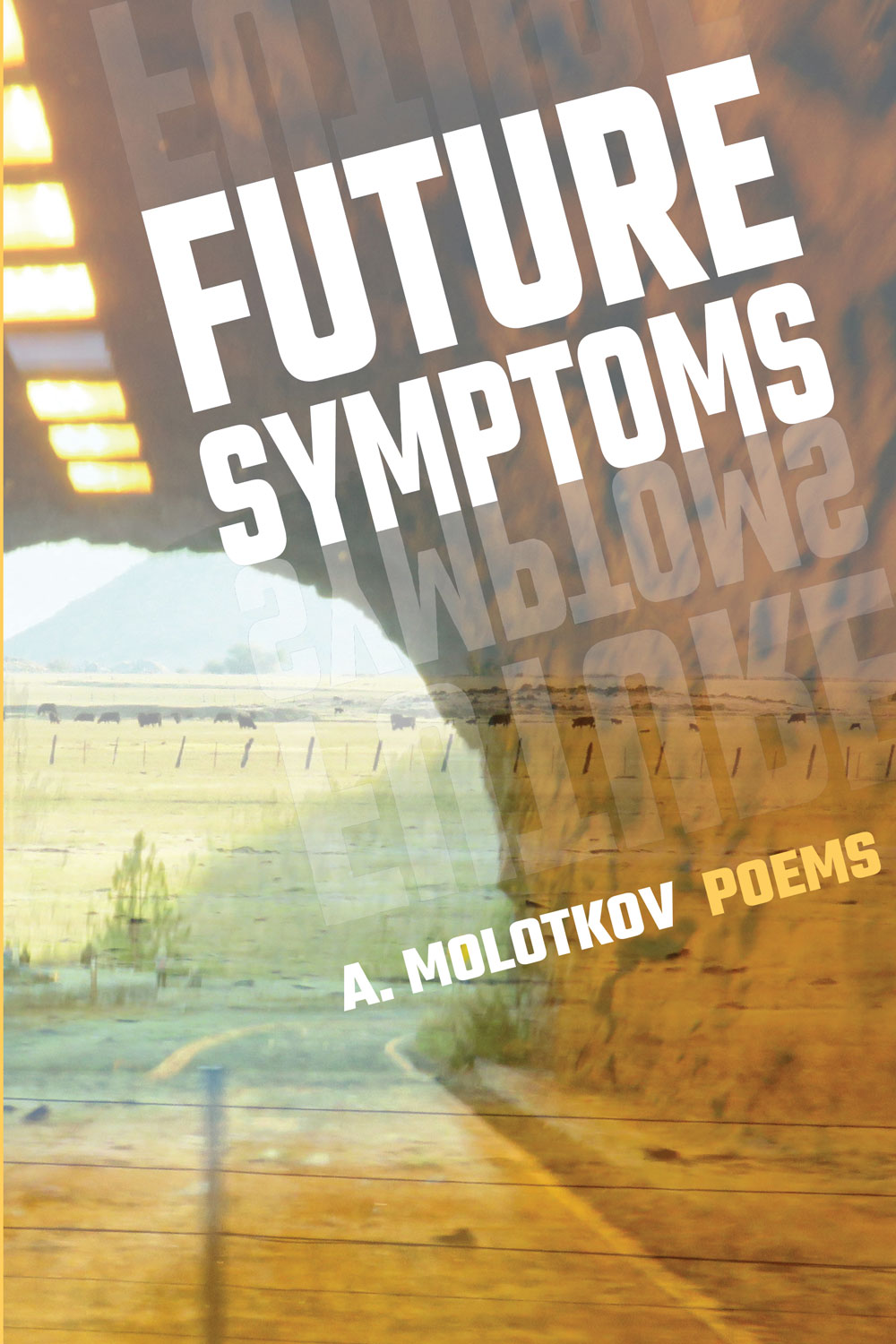
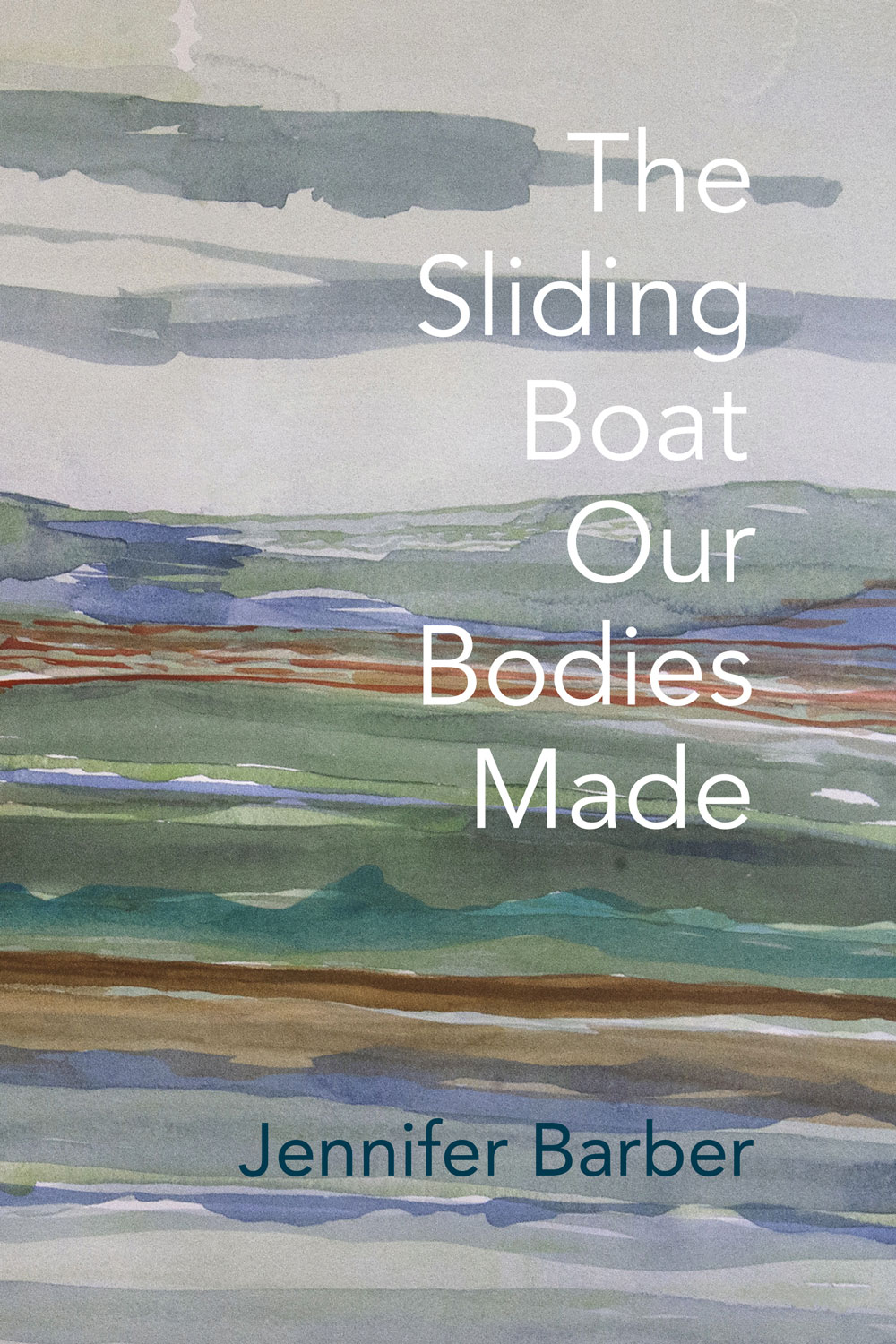
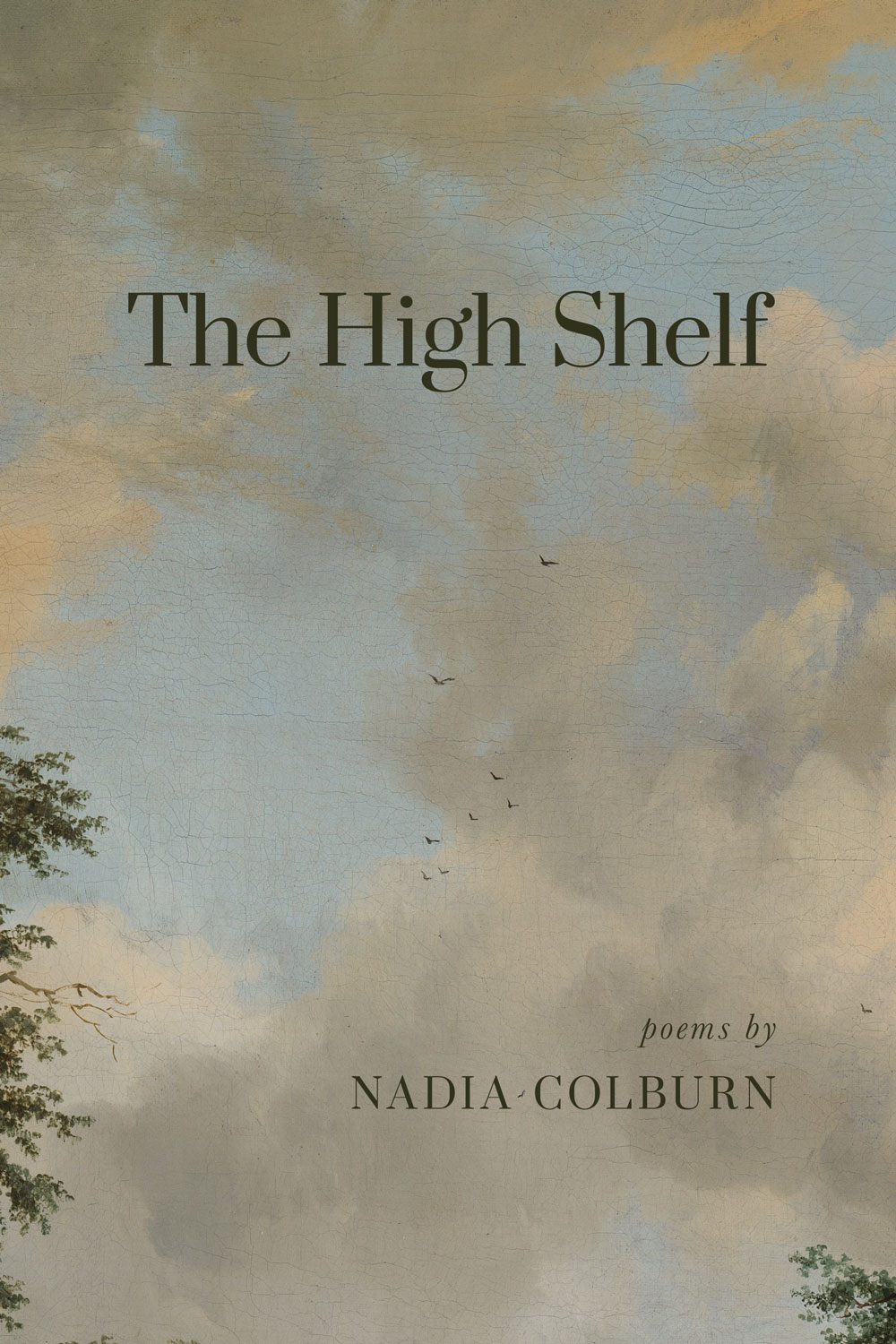
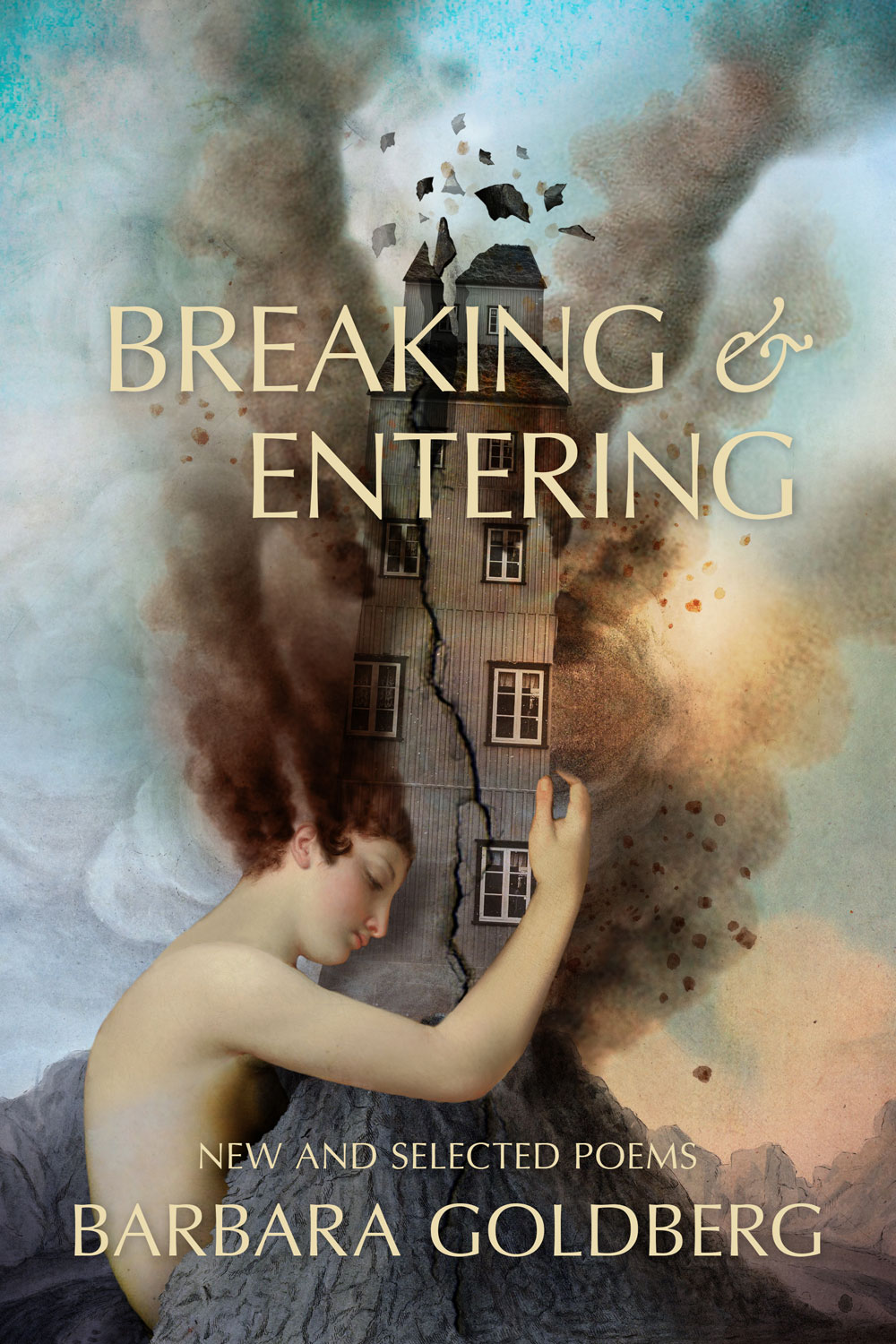
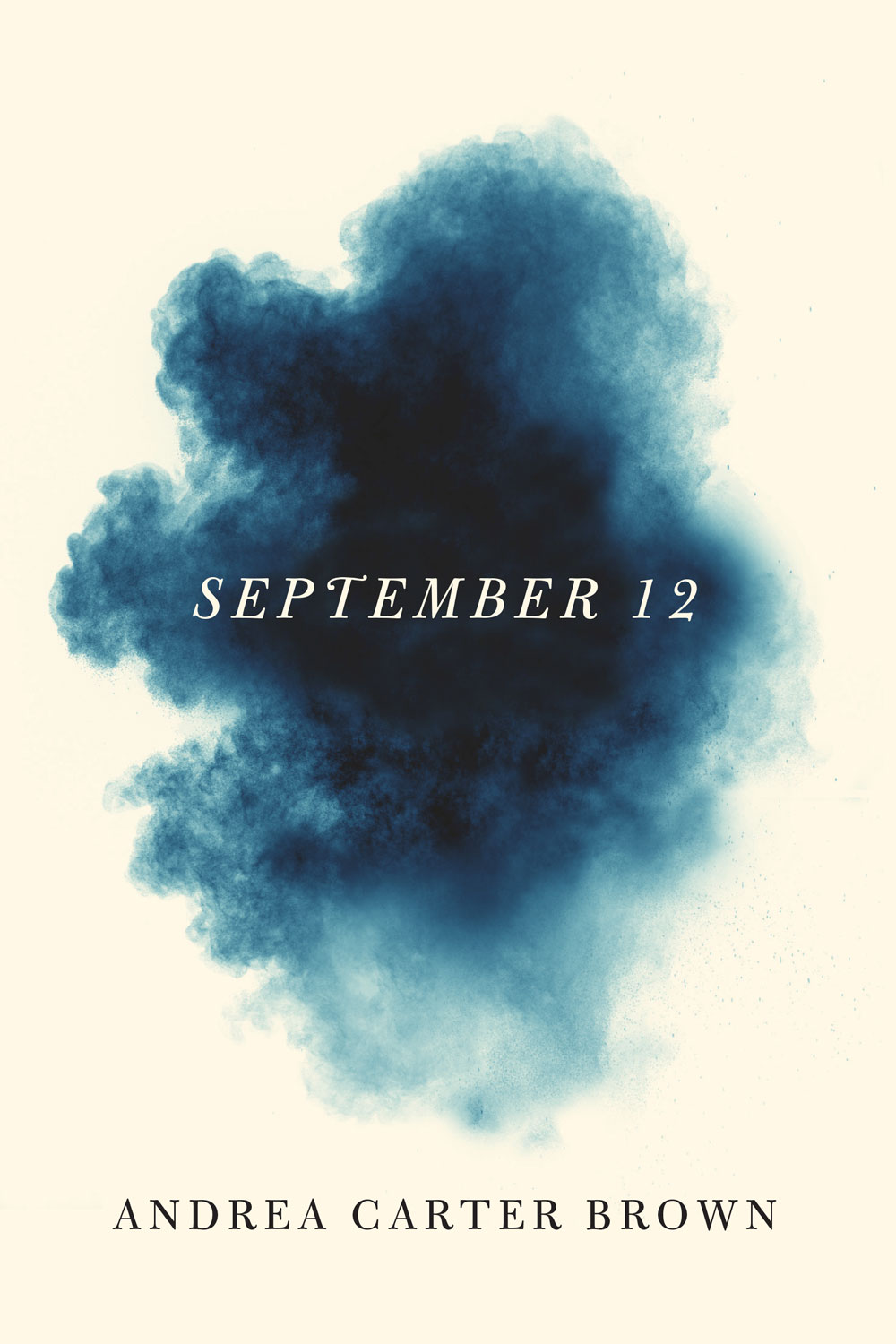
Reviews
There are no reviews yet.